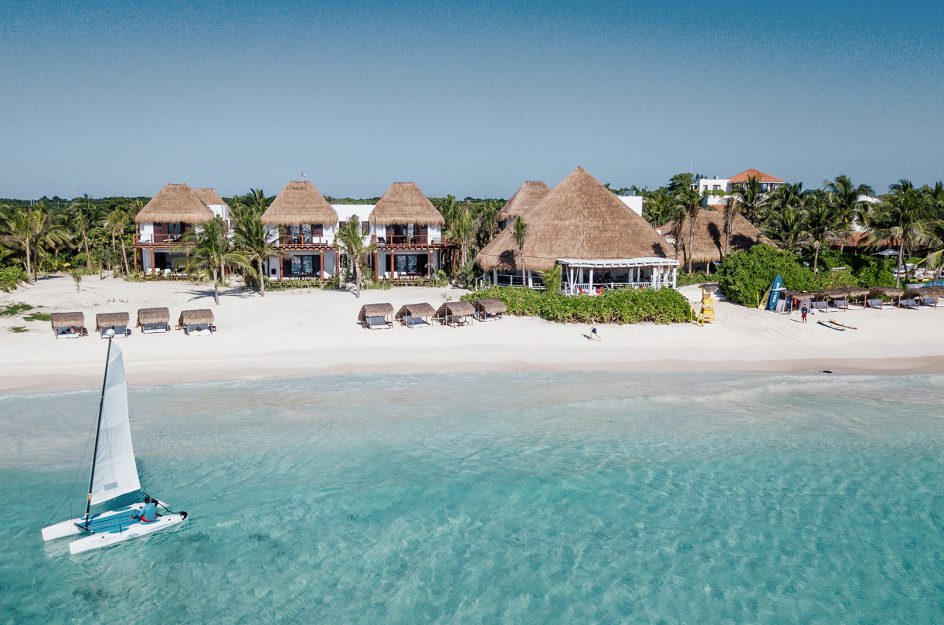
To overcome this crisis, Luxury only depends on itself.
As the COVID-19 pandemic changed lives, livelihoods, and businesses upsidedown, uncertainty is running high on the luxury industry. The lockdown and economic freeze stroke hard in many sectors, such as hospitality, gastronomy, and fashion. Sales dropped sharply and many businesses are wondering if they will be able to ever come back after the pandemic is gone. Luxury leaders are already thinking ahead, trying to understand which strategies need to be implemented from now on, to secure business. And while many are wondering how different consumer behavior will be in the future and how business should position itself, brands who have stayed loyal to the core principles of luxury are the ones at the pole-position to exit this crisis stronger than before.
“Forget about positioning, luxury is not comparative.”
Jean-Noel Kapferer, in his extraordinary book Luxury Strategy, perfectly describes why traditional marketing tools can be harmful to luxury. The former is what we see classic brands applying to create a preference over other brands, depending on the market context, competitors, and consumers’ expectations. On the other hand, what really counts to luxury is not the comparison to other brands, but its capacity to be unique. Even in this critical period, luxury brands must maintain their statement of who I am rather than I am depending on. In fashion, what made Christian Louboutin‘s image was its red-bottomed shoes, the integrity of the designer’s vision, the craftsmanship, the sense of fashion-icon symbol; it wasn’t its comparison with any other shoe designer. It is the same timelessness authenticity of Dior and Chanel – an identity that is “not divisible, it is not negotiable – it simply is”.
There are no signs that the will for consumers to buy luxury products has decreased. On the contrary, if a business has the capacity to create an emotional – and sometimes obsessive – link between the consumer and the brand’s identity, sales will continue to be temporal as Hermès proved by selling 2.5 million dollars of goods on the first day of re-opening after lockdown. That principle of obsessive connection is also the main reason why luxury brands will never be able to keep themselves exclusively online. People will always have the need for the human-led and in-person experience, especially now that human contact is itself a luxury good. And with new sanitary rules stating that shopping in a physical store can be made only by appointment or with a limit of people inside a store, it will only force some brands to provide more private, personalized, and unique experiences to consumers.
The same principles apply to the luxury hospitality industry. Now that most brands have been questioning themselves on how they will adapt to this new idea of social distancing and safety, some properties, like the Hotel Esencia in Mexico, or Le Bijou in Switzerland, have shown that the increase in demand for high-safe, private and exclusive places is the best thing that could have to happen to business; and that hotels and restaurants must now be thinking on how to become more superlative rather than only comparable – because that is what luxury is all about. Le Bijou facilities provide stays that include nurse around-the-clock or COVID-19 testing, along with guests in control of private dining or home office tools. Hotel Esencia maintained their exclusive services while improving their sense of safety by reinforcing their cleaning procedures and providing self-protective equipment to their employees to be used on service. Despite the bunch of criticism for staying open, these hotels – like others – preferred to be faithful to an identity (and to their consumers) rather than to be worried about what others were doing. And they are being successful.
Those are just a few out of many examples on how to understand that, at times of social change, brands should not fall into the flaws of traditional marketing as the answer to fit in. Luxury brands should not think about fitting in, because they don’t have to. Even if there are restrictions, norms, or attempts to impose any kind of limitations, those must always be seen as opportunities to go beyond everything else, because the same principle that drove luxury since the beginning of history, was the same from a couple of months ago and will still be the same today: “Luxury is above all social dynamics.”
